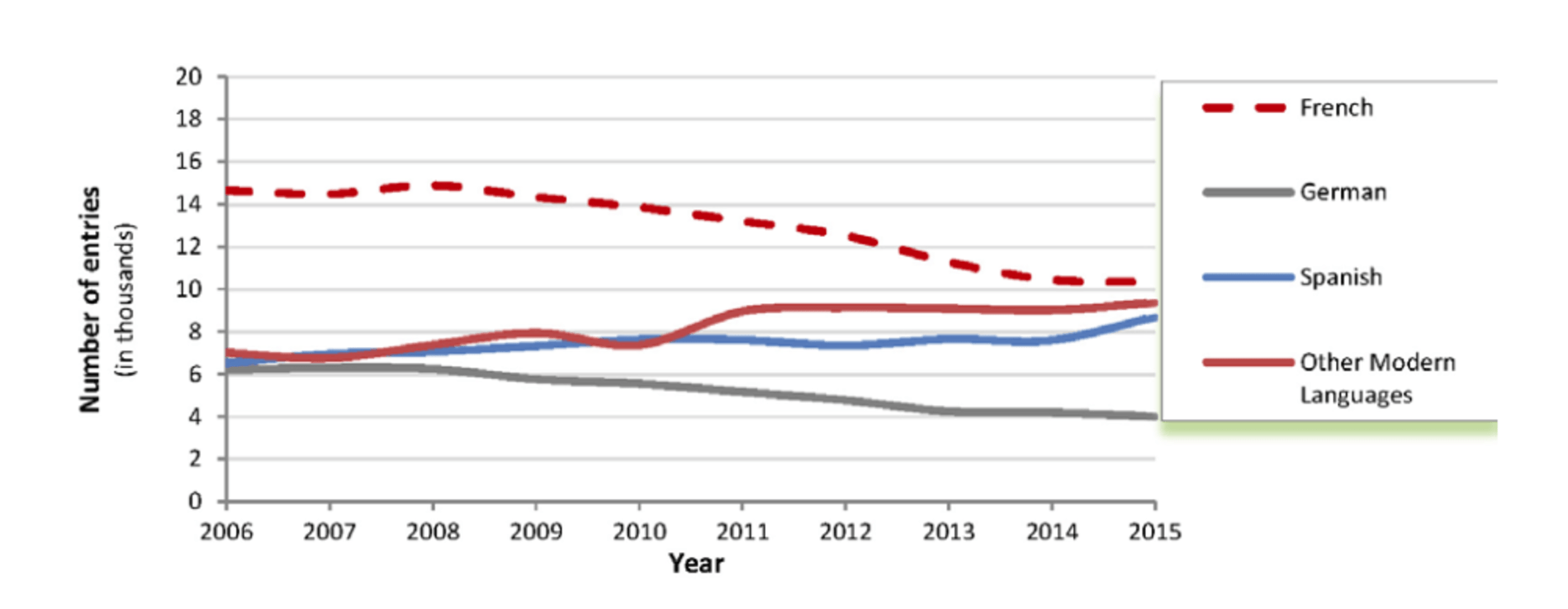
Dr Jo Rose, Senior Lecturer in Education, Bristol University
There are many bright young people who come from disadvantaged family or school contexts where university attendance is not the norm.
As part of the High-Potential Learners Project, we investigated how these young people could be supported in making decisions about university. In particular, we wanted to know how to encourage high-achieving young people to consider the highly-selective, research-intensive, Russell Group universities as an option.
Over a period of two years, we worked with a group of 44 sixth-form students from schools across Bristol, to understand how and why they made decisions about university. We also analysed a large-scale, nationally-representative dataset of 2290 high-attaining learners who had turned 18 in 2009/10.
Our project found that school context was highly important with regards to subsequent university attendance, and identified some of the ways in which schools and universities can work together to support students’ decision-making.










